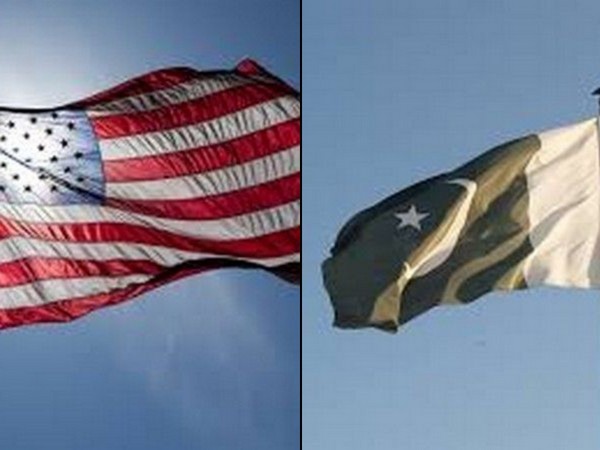
US wants Pakistan to keep border open for Afghan refugees

Washington [US], August 5 (ANI): Amid a surge in violence by Taliban in Afghanistan post US drawdown, the influx of Afghan refugees has increased at the Pakistan-Afghanistan border.
Considering the situation, the US wants Pakistan to keep its borders with Afghanistan open for Afghan refugees, reported Dawn.
“So, in a place like Pakistan, it’ll be important that their borders remain open,” said a senior State Department official while briefing journalists on the new US refugee admission programme for Afghan nationals.
“Obviously, if people go north or if they go via Iran to Turkey …(they) have an opportunity both to enter the country as well as to register with either the government or with UNHCR,” the official added. Pakistan, however, appears reluctant to do so. Since 1979, Pakistan has hosted millions of Afghans and more than three million are permanently settled in the country. Pakistani officials argue that their economy is not strong enough to absorb more refugees, reported Dawn.
Pakistan’s National Security Adviser Moeed Yusuf who was on a US visit said at a briefing in Washington this week that arrangements should be made to keep displaced Afghans inside their country instead of pushing them into Pakistan. “Why make them dar-ba-dar (homeless)? Make arrangements for them inside their country. Pakistan does not have the capacity to take more refugees.”
The demand by the US can further sore the already strained ties between the two nations as Washington is trying to rescue interpreters and others who worked for the US government agencies, and their families under Special Immigration Visa (SIV). The Taliban are especially targeting these people who helped America in their fight against terrorism in the region. Moreover, the Biden administration on Monday (local time) expanded access to refugee programs for Afghans who worked with the US.
“This designation expands the opportunity to permanently resettle in the United States to many thousands of Afghans and their immediate family members who may be at risk due to their US affiliation but who are not eligible for a Special Immigrant Visa (SIV) because they did not have qualifying employment, or because they have not met the time-in-service requirement to become eligible,” the State Department said. (ANI)

















POST COMMENTS (0)